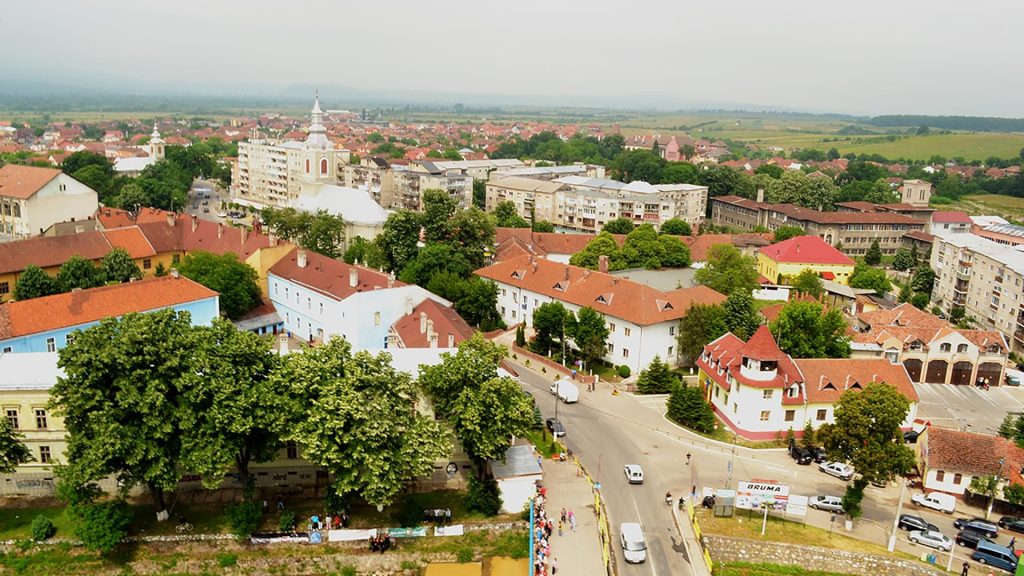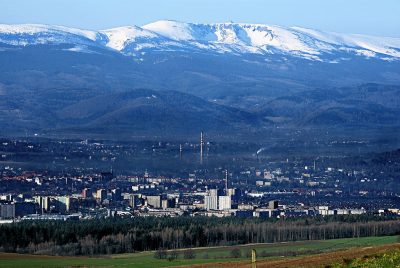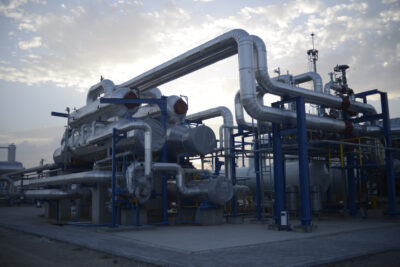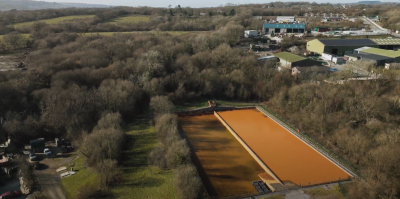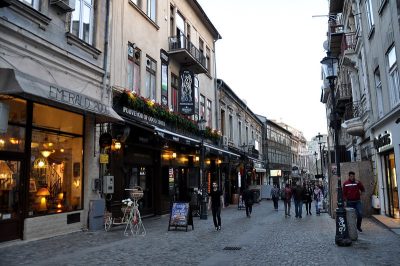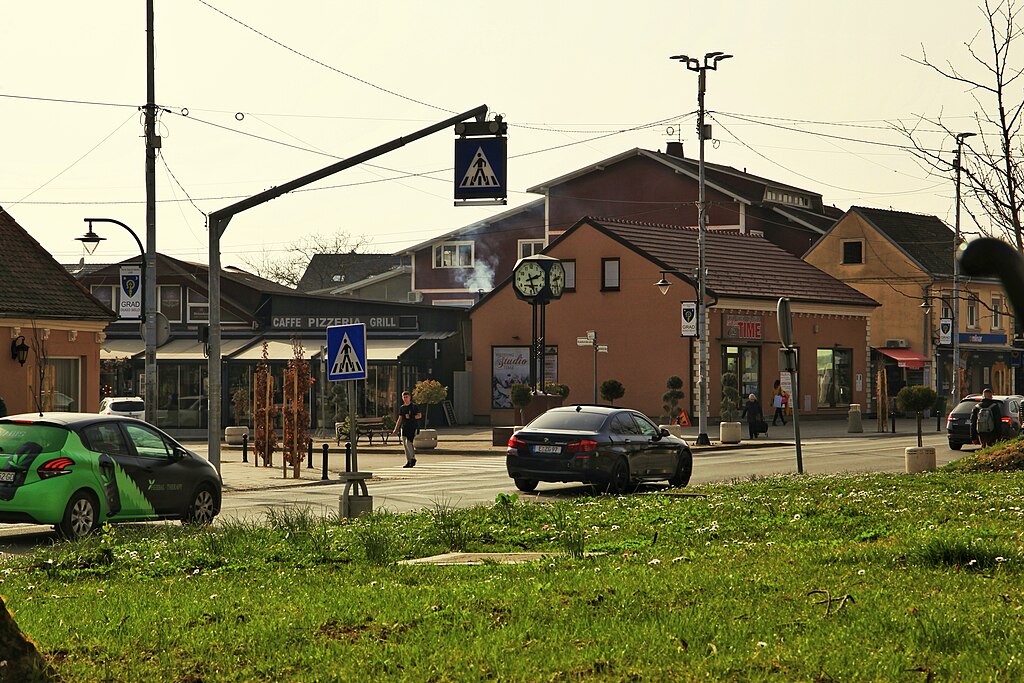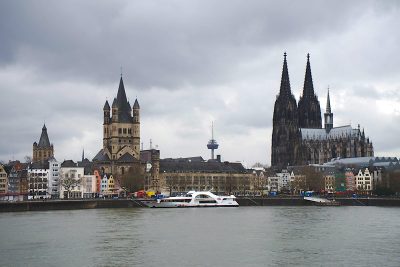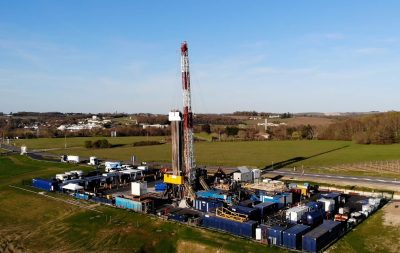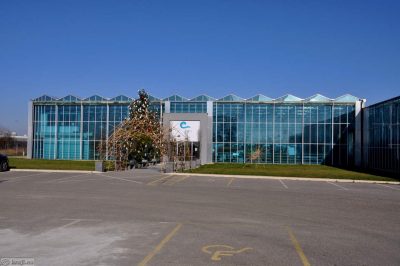Beius, Romania presents study on pathway to 100% geothermal heating
A new study presents the opportunities for geothermal heating growth in Beius, Romania, as the city seeks to achieve 100% geothermal heating.
A study conducted by Icelandic partners presents the opportunities to expand geothermal heating in the city of Beius in Bihor County, Romania. The geothermal district heating system of Beius currently supplies 70% of its population, but the local governments seeks to expand this to 100% coverage.
The project “Technical Development of the District Heating System” in Beius was conducted by the National Energy Authority of Iceland together with UAT Beius, with funding from Innovation Norway from the European Economic Area (EEA) and Norwegian grants.
The results of the study was presented recently at meeting attended by the Mayor of Beius, representatives from the Romanian Geoexchange Society, several geothermal specialists from Bihor County, as well as members of the local authority.
Baldur Petursson from the Icelandic Environment and Energy Agency stated that there was potential for further development of geothermal in Beius to benefit from EEA subsidies. Further, Horia Ban of the Romanian Geoexchange Society presented complementary projects on heat recovery from spent geothermal brine, which can still be extracted and upgraded using heat pumps. This can be used for industrial and agricultural applications, such as greenhouses, wood drying, and fish farming.
Another important conclusion of the study is that heat losses in the district heating system can be minimized by using specialized material, such as pre-insulated PE-Xa pipes.
A geothermal well drilled to a depth of 2600 meters in 1996 tapped a high-flow reservoir with a temperature of 85 °C. This jumpstarted the use of geothermal for heating in Beius, supplying affordable and sustainable heat to apartment blocks, hospitals, nurseries, kindergartens, and other public institutions. A second well was drilled in 2004, and a third in 2010. Today, Beius is the city with the cheapest heating costs in Romania.
While Western Romania already has extensive history in geothermal utilization, the capital of Bucharest has also undertaken studies to evaluate the feasibility of geothermal heating. In 2024, an agreement was signed between the local utility company ELCEN and the US Department of Energy to jointly study the potential for geothermal heating in Bucharest. Another similar agreement was signed later in 2024 for a similar study with Sage Geosystems, in partnership with the National Renewable Energy Laboratory (NREL).
Source: Agerpres and Bankwatch.org
